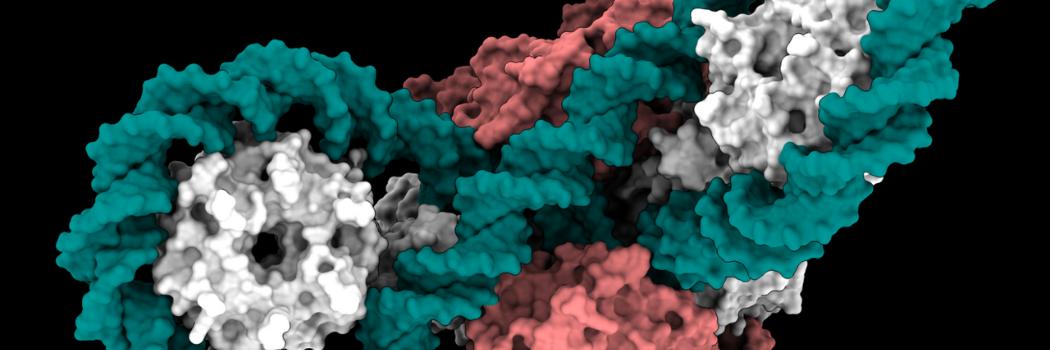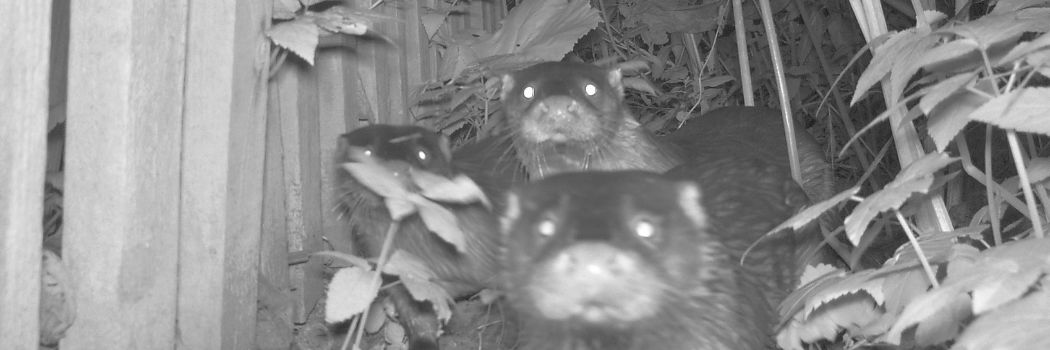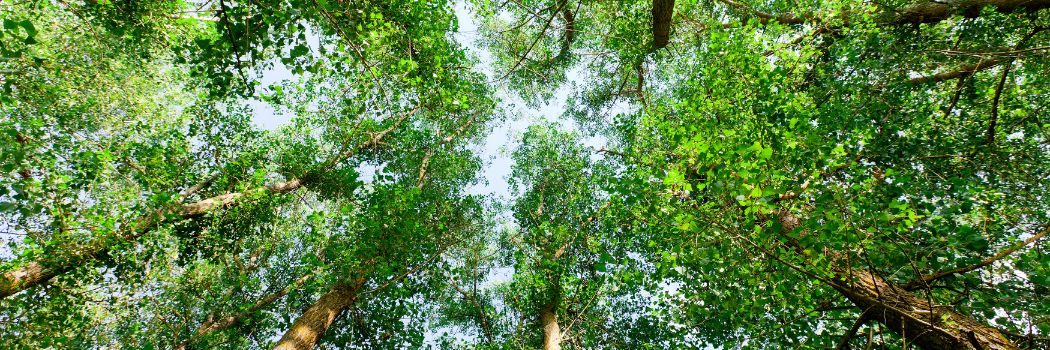Biosciences News
Reawakening Durham's Bioscience Collection
Reawakening Durham’s Bioscience Collection is the first dedicated online exhibition highlighting Durham University's Bioscience Collection.
Bioscientists achieve major advancement in protein-metal binding research
Researchers from our top-rated Biosciences department have made an exciting discovery that could revolutionise how scientists design and engineer biological systems.
Driving advances in biosciences
Our Department of Biosciences is making strides in understanding antibiotic resistance, boosted by a prestigious Leverhulme award.
1st National Live Well with Pain Conference 2025
Footsteps to Change Live Well with Pain, 1st National Live Well with Pain Conference 2025
Harnessing AI to respond to the global threat of antimicrobial resistance
A prototype AI chatbot tool has been developed to help pull together vital human, animal and environmental health information to support the global response to antimicrobial resistance (AMR).
New book by Wolfson Fellow - Botanicals for Good Sleep and Dreaming Paperback
Enhance your sleep and dreaming experiences with the transformative power of plants. You may already be familiar with the calming effects of chamomile and lavender for a restful night’s sleep, but there’s much more to discover.
Leading the world in interdisciplinary research
We have been ranked third in the UK for interdisciplinary science research.
Wolfson Foundation visit marks 50 years of research support
We are celebrating a milestone in our collaboration with the Wolfson Foundation as Paul Ramsbottom, the Foundation's chief executive, visited us recently to mark 50 years of groundbreaking collaborative work, which has contributed to numerous pioneering projects across our University.
New imaging of bacterial DNA uncovers secrets to future antibiotic design
In a new study, scientists from our top-rated Biosciences department joined forces with researchers from Jagiellonian University (Poland), and the John Innes Centre to reveal how a bacterial enzyme called DNA gyrase twists and stabilises DNA.
National biodiversity award for MammalWeb project
Our MammalWeb project has won a national biodiversity award for its work to gather information on the distribution, abundance, habits and behaviours of UK and European wild mammals.
Investing in the next generation of environmental researchers
We’re sharing in an investment of almost £30m to train the next generation of researchers to tackle the world’s environmental challenges.
New discoveries in stem cell research made by international research collaboration
An international team of researchers, including Dr Peter Etchells from our Department of Biosciences, have published new research which brings to light new discoveries in the development and understanding of stem cells.





.png)
.png)


.png)



